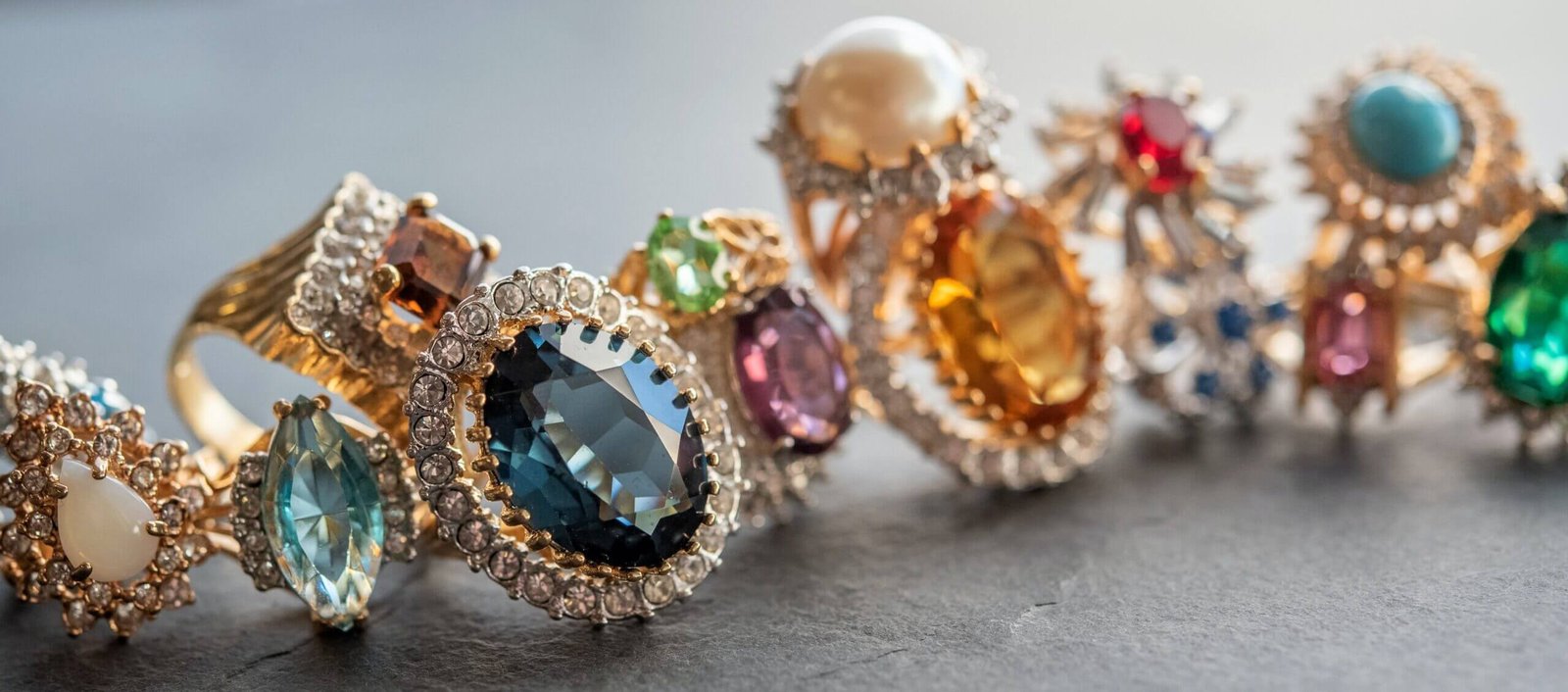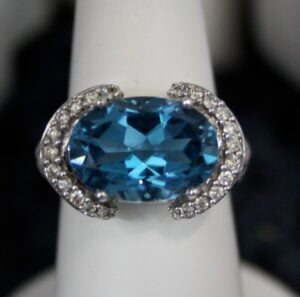Which Country Has The Rarest Stones?
Which Country Has The Rarest Stones? Imagine stepping into a captivating world of gemstones, where each one holds a unique story waiting to be discovered. Have you ever wondered which country holds the key to the rarest and most captivating stones? Brace yourself for a fascinating journey as we unveil the secrets hidden within the depths of our planet, revealing the elusive locations where these precious gems are found. Prepare to be mesmerized by the unparalleled beauty that awaits as we embark on a quest to answer the age-old question: Which country has the rarest stones?
Overview of Gemstones
Gemstones are coveted for their beauty, rarity, and durability. These precious stones hold a special place in our hearts and have been admired for centuries. Whether it’s the vibrant hues of a ruby or the mesmerizing shine of a diamond, gemstones add a touch of elegance and glamour to any piece of jewelry. From birthstones to engagement rings, gemstones have become ingrained in our culture and are treasured possessions for many. In this article, we will explore the definition of gemstones, the different types of gemstones, and the factors that determine their rarity. https://www.aigsthailand.com/
Definition of Gemstones
Gemstones, also known as precious stones or jewels, are minerals that are valued for their beauty, rarity, and durability. These natural crystals are typically cut and faceted to enhance their brilliance and color. However, not all minerals can be considered gemstones. To be classified as a gemstone, a mineral must possess certain characteristics, including beauty, rarity, durability, and desirability.
Types of Gemstones
Gemstones come in a wide array of colors and varieties, each with its unique characteristics and allure. Some of the most popular types of gemstones include diamonds, rubies, sapphires, emeralds, amethysts, and topazes. Each gemstone has its own distinct properties, such as hardness, refractive index, and chemical composition, which contribute to its individual beauty and value.
Factors that Determine Rarity
The rarity of a gemstone is influenced by several factors. Understanding these factors can help us appreciate why certain gemstones are more valuable and coveted than others.
Scarcity of Gemstone Deposits
One of the primary factors that determine the rarity of a gemstone is the scarcity of its deposits. Gems that are found in limited quantities are considered rare and fetch higher prices. The geological conditions required for the formation of gemstone deposits are often specific and occur in only a few locations worldwide.
Unique Geological Conditions
Gemstones are formed under unique geological conditions that contribute to their rarity. Factors such as temperature, pressure, and the presence of certain elements play a crucial role in determining the formation of gemstones. These unique geological conditions can lead to the creation of gemstones that are exceptionally rare and valuable.
Exceptional Quality
The quality of a gemstone is another crucial factor in determining its rarity. Gemstones that exhibit exceptional clarity, color, and brilliance are considered rare and highly sought after. Flawless gemstones with vibrant, intense colors are particularly scarce and command a premium price in the market.
Limited Production
Gemstones that are produced in limited quantities also contribute to their rarity. Some gemstones are found in small deposits or are difficult to mine, resulting in a limited supply. This limited production adds to the allure and exclusivity of the gemstones, making them highly desirable for collectors and enthusiasts.
Gemstone Variety
The sheer variety of gemstones available further adds to their rarity. With thousands of different gemstone types, each possessing its unique combination of color, clarity, and brilliance, finding a particular gemstone can be a challenge. The quest to collect and possess a wide range of gemstones fuels their rarity and appeal.
Countries with Rare Gemstones
Throughout the world, various countries are known for producing rare and beautiful gemstones. These nations have become synonymous with precious stones due to their rich geological landscapes and mining industries. Let’s explore some of the countries that are renowned for their rare gemstones.
Myanmar (Burma)
Myanmar, also known as Burma, is famous for its exquisite gemstones. The country’s gemstone industry has a long history dating back to ancient times. Myanmar is particularly renowned for its jadeite, rubies, and sapphires.
Jadeite
Jadeite, a type of jade, is highly valued for its vibrant green color and remarkable translucence. Myanmar is the primary source of high-quality jadeite, with the most coveted and valuable specimens coming from the Kachin State in northern Myanmar. Jadeite’s scarcity and cultural significance make it a prized gemstone in many Asian countries. Is Exquisite Imperial Jadeite Jade No1 In Thailand?
Rubies
Myanmar is also renowned for its rubies, known for their intense red color and exceptional clarity. The Mogok Valley in Myanmar is famous for producing some of the finest rubies in the world. Burmese rubies are highly sought after for their deep red hue, often referred to as “pigeon’s blood” red, and are considered some of the rarest and most valuable rubies on the market.
Sapphires
Myanmar is home to sapphire mines that produce exquisite blue and pink sapphires. The Mogok region is known for its blue sapphires, while the Mong Hsu region is famous for pink sapphires. Burmese sapphires are cherished for their intense color saturation and exceptional clarity, making them highly prized by gemstone enthusiasts.
Tanzania
Tanzania is an African country that has gained recognition for its unique and rare gemstones. The country’s diverse geological landscape is a treasure trove for gemstones, particularly tanzanite, tsavorite garnet, and spessartite garnet.
Tanzanite
Tanzanite is one of the rarest gemstones in the world and is only found in Tanzania. Known for its captivating blue and violet hues, tanzanite has gained immense popularity since its discovery in the 1960s. The gemstone’s vivid color and limited supply make it highly sought after by collectors and investors.
Tsavorite Garnet
Tsavorite garnet is a vibrant green gemstone that is found in Tanzania, as well as Kenya. It is highly valued for its intense color and brilliance, often resembling fine emeralds. Tsavorite garnets are relatively rare and are prized for their exceptional beauty and durability.
Spessartite Garnet
Spessartite garnet, also known as mandarin garnet, is an orange to reddish-orange gemstone that is found in Tanzania. It is known for its fiery color and remarkable brilliance. The scarcity and stunning color of spessartite garnets make them highly desirable for gemstone collectors and jewelry connoisseurs.
Brazil
Brazil is a gemstone hotspot, with a wide variety of rare and exquisite gems found within its borders. The country’s rich geological landscape gives rise to gemstones like paraiba tourmaline, imperial topaz, and alexandrite.
Paraiba Tourmaline
Paraiba tourmaline is a breathtaking gemstone known for its vivid blue-green and neon colors. It was discovered in the 1980s in the Brazilian state of Paraiba, hence its name. Paraiba tourmalines are extremely rare and are valued for their unique and vibrant colors, making them highly sought after by gemstone collectors and jewelry designers.
Imperial Topaz
Imperial topaz is a golden to orange-brown gemstone that is highly regarded for its warm and captivating hues. It is predominantly found in the state of Minas Gerais in Brazil. The scarcity of large, clean specimens of imperial topaz contributes to its rarity and high market value.
Alexandrite
Alexandrite, a color-changing gemstone, was first discovered in the Ural Mountains of Russia. However, Brazil has also become a significant source of alexandrite. This gemstone exhibits a fascinating color change from green in daylight to red under artificial light. Its rarity and mesmerizing color-changing properties make it a prized gemstone among collectors and enthusiasts.
(Continued in the next message)


